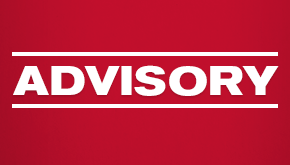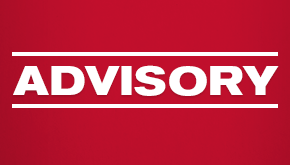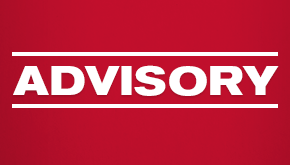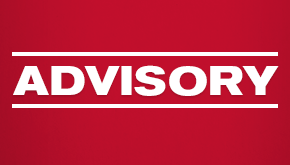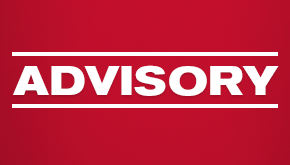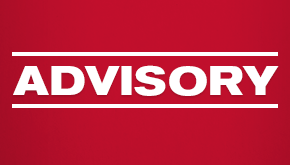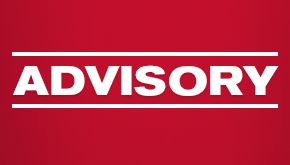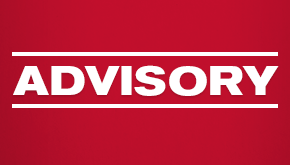New York City Employers: Are You Ready for the New Pay Transparency Law?
Effective Nov. 1, 2022, New York City employers will have to comply with a new pay transparency law. Specifically, employers advertising jobs in New York City must include a good faith salary range for every job, promotion and transfer opportunity.
The Pay Transparency Law applies to:
- any advertisement for a job, promotion or transfer opportunity that would be performed in New York City;
- any advertisement regardless of the medium in which they are disseminated—posting on internal bulletin boards, internet ads, printed flyers and newspaper ads; and
- full-time and part-time employees, interns, domestic workers, independent contractors, remote workers or any other category of worker protected by the New York City Human Rights Law.
There are exceptions and nuances as to when an employer is permitted not to advertise a job.
Additionally, “good faith” is the standard by which employers must measure whether they are posting an accurate salary range. This is defined as a salary range the employer honestly believes at the time they are listing the job advertisement, that they are willing to pay the successful applicant. Employers must include both a minimum and a maximum salary in the range listed in the advertisement—the range cannot be open-ended. Salary includes the base annual or hourly wage or rate of pay, but does not include other forms of compensation like health, life or other insurance, PTO, severance pay or overtime.
Unlike other states that have similar laws, only affected employees can make a claim for monetary damages against an employer for violating this new law; however, the New York Human Rights Commission will not assess a civil penalty for a first complaint alleging a violation of the salary transparency provision, provided that the employer resolves the violation within 30 days of receiving a notice of the violation.
Employers should carefully consider these changes in the law and take immediate steps to ensure that job postings are consistent with the above requirements. If you have any questions specific to your organization, please contact your regular Armstrong Teasdale lawyer or one of the authors listed below.


